This chronicle is from the last
Figaro Histoire
: “
Slavery, the tragedy of centuries
”, 132 pages, € 8.90, available in kisoque and on
the Figaro online store
.
We enter this book as we enter, a little intimidated, into one of those Roman palaces where a gallery offers, here, the bust of a philosopher, there, the picture of an illustrious battle, here again, the profile of an emperor. By the perfection of the forms, the grace of the representations, the centuries pass by like the life of men. Greece has the radiance of spring, the beauty of youth; Rome, the power, the balance, the fertility of adulthood; our time, the nostalgic pain of the last days.
The Cabinet of Antiquities
is apparently a historical perspective of the regime - democracy - which, in the West, presides over our destinies; in reality, it is a personal meditation on History, politics and this
"complex knot of violent appetites"
(Saint-Exupéry) that we call the human being.
Behind a breathtaking erudition, a powerful art of synthesis, Michel De Jaeghere lets glimpse, even in the very classic restraint of his style, this skin-deep sensitivity which characterizes intelligent hearts.
As the poet seeks order and beauty in the journey, he plunges into History in search of this miracle:
"On the hill of the Acropolis,"
he writes, "
at a time when the shadows are lengthening, the walls of the temple of Erechtheus take on a ripe peach color. "
Those who believe in politics, the great, the real, will follow him with passion in this quest; those who have returned from it will discover, no less captivated, how, for twenty-five centuries, cities have flourished, citizens have been born. The author is methodical: he has no taste for clean cuts and blind spots. Thus, he tells us all about Athenian political organization, like how one could become a Roman citizen. But
The Cabinet of Antiquities
is by no means a treatise on Greco-Roman history. This is an enterprise of clarification in order to dispel the confusions which now accompany two notions: democracy on the one hand, and citizenship on the other.
First misunderstanding: according to Michel De Jaeghere, so undeniably
"it was in Athens that democracy was established, invented",
it is in the shadow of the Parthenon that politics was born above all as a search for a common good. It is then a question of drawing from the observation of the world, from the experience of history, from the contemplation of the heavens a series of lessons which will make up what we will call the natural law: this law which goes beyond measure of man, mobilizes Antigone when she is threatened and that Greek democracy would not even have dreamed of violating. Contemporary democracy, on the other hand, aims to dismantle it because it is now considered a religious anachronism, a philosophical ineptitude, a social oppression. It is done in the name of the general will, we think, but it can even be released when this hinders the process of emancipation. Thus, in the wake of Tocqueville and Pierre Manent,Michel De Jaeghere underlines the hubris of modern political thought:
"To have substituted for the judgment of reason on imperfect human achievements the certainty of a sense of history which makes unsusceptible of questioning, even if they are carriers of disorder and anarchy, those which have inscribed its principles in their law".
Thus the political system based on popular will becomes an endless march in favor of individual rights. An atomization of the City.
“Because it appeared to me,”
says Saint-Exupéry, “
that the man was quite similar to the citadel. He knocks down the walls to secure his freedom, but he is nothing more than a dismantled fortress open to the stars. Then begins the anguish, which is not to be. "
The acquisition of citizenship in Rome (based in particular on a certain number of obligations which would today entail the referral of the Defender of Rights) allows the author to shed a harsh light on
"the dismantling of the border of nationality "
which has been going on for fifty years. This is one of the root causes of the demographic change which feeds the concern of a majority of French people. The lights of the Acropolis flicker in contemporary twilight. The anguish of the fatherland grips us. Politics then moves away to make room for vital attachments. Those who must be protected like the apple of our eyes. They inspire in Michel De Jaeghere a magnificent evocation of France, its heroes, its artists, its masterpieces, but also its hills, its castles, its villages, its bell towers; its detours
"where the slopes cut into espaliers to accommodate rows of vines overhang rivers which stretch the mirror of their silvery waters towards the deep blue of the sky".
The Cabinet of Antiquities. The origins of contemporary democracy
, Michel de Jaeghere, Les Belles Lettres, 576 pages, € 21
“Slavery, the tragedy of centuries”
, 132 pages, € 8.90, available at newsstands and on the
Figaro
online store
.

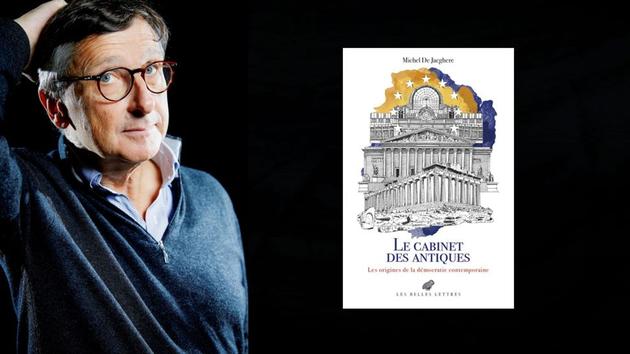

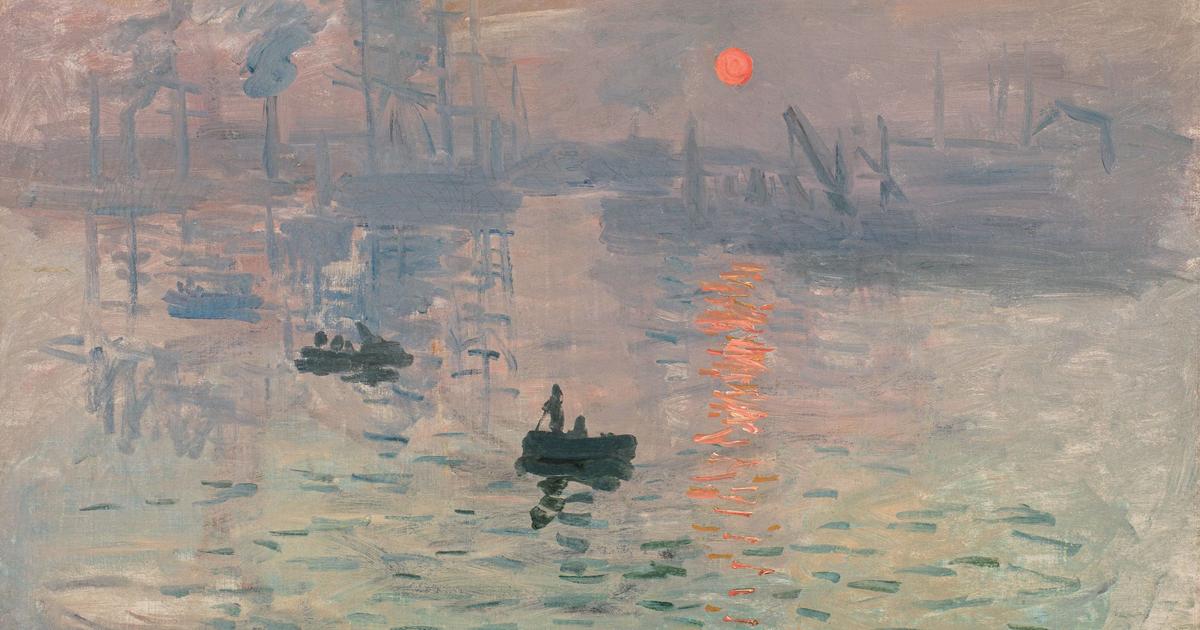
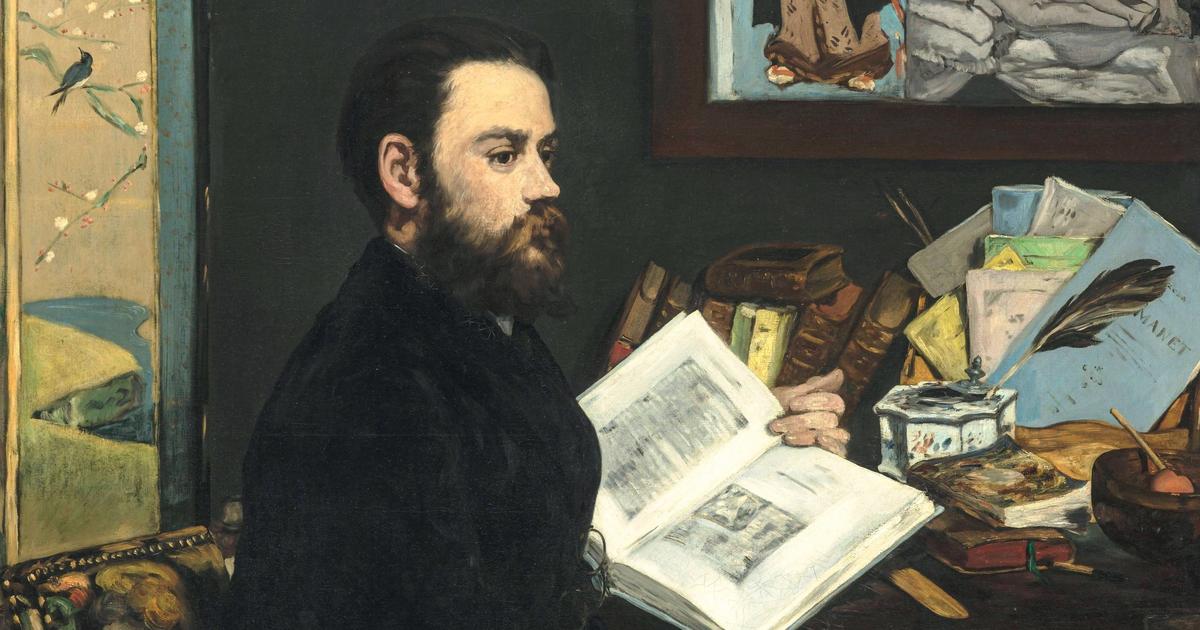
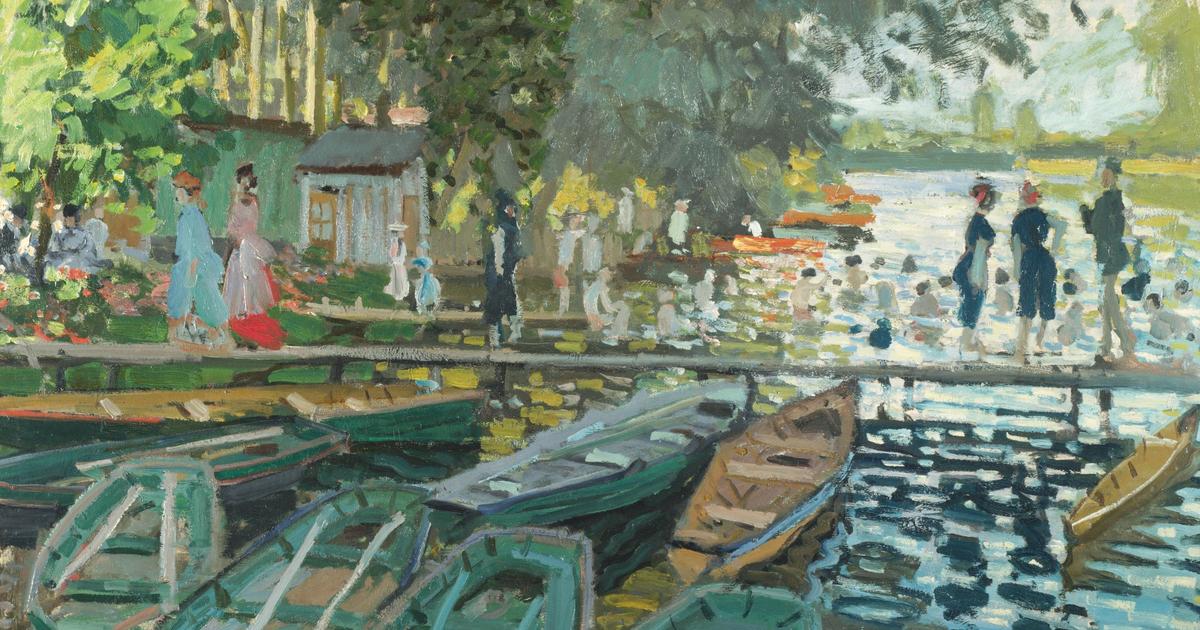
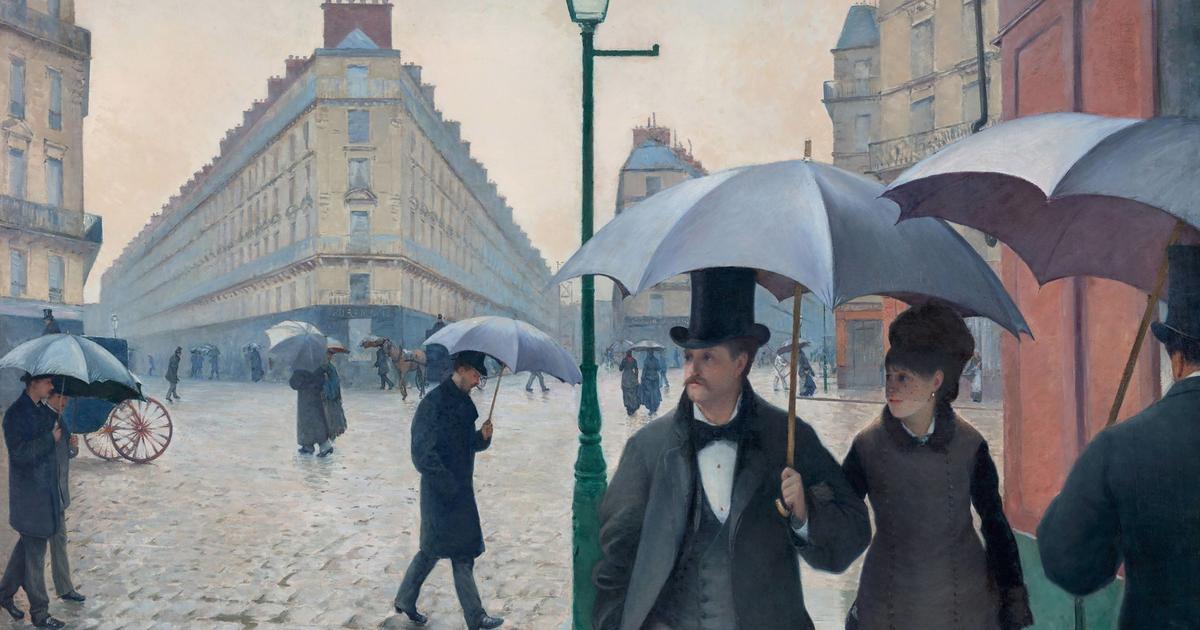




/cloudfront-eu-central-1.images.arcpublishing.com/prisa/KMEYMJKESBAZBE4MRBAM4TGHIQ.jpg)


/cloudfront-eu-central-1.images.arcpublishing.com/prisa/EXJQILQR5QI7OMVRTERD7AEZAU.jpg)
